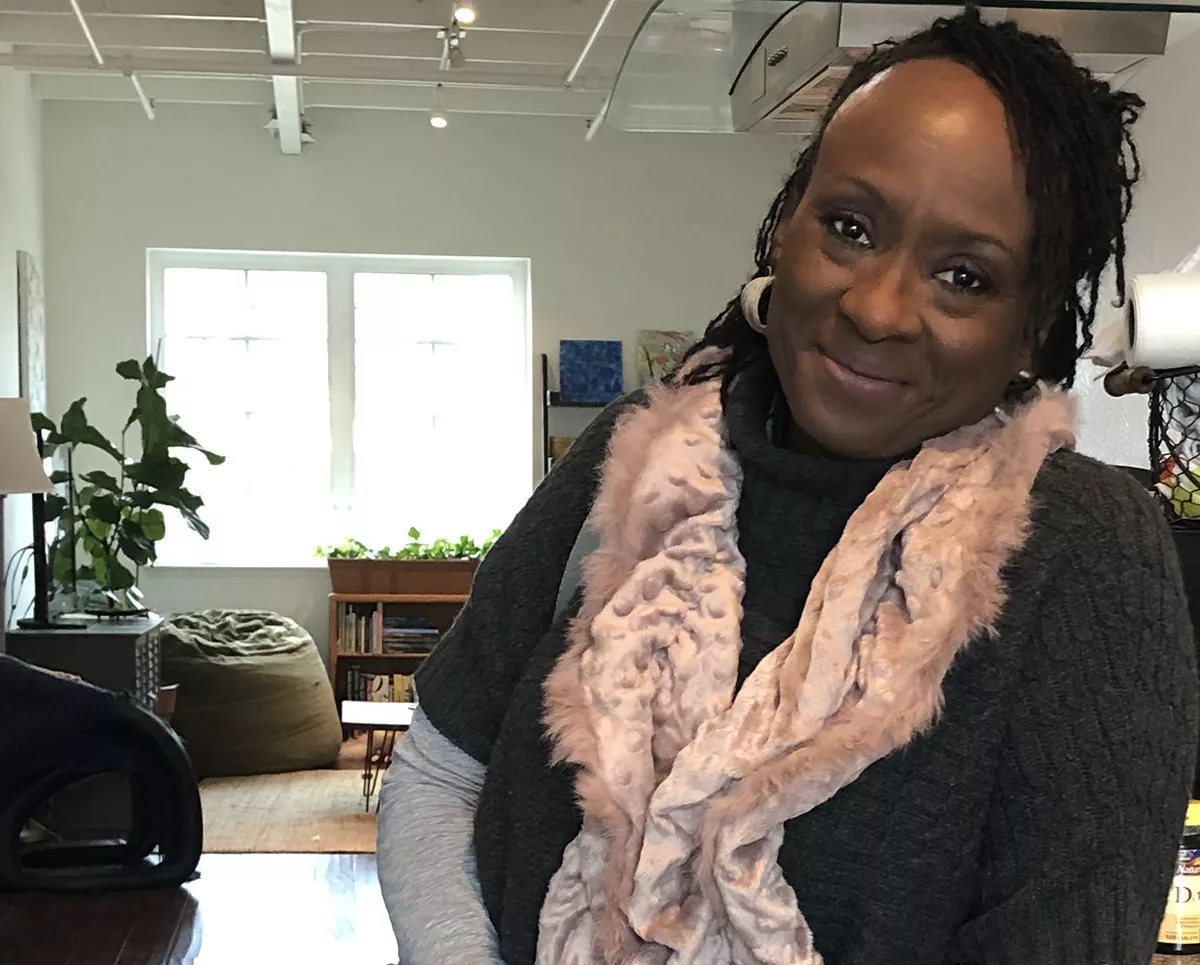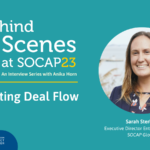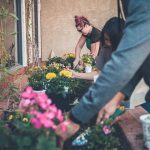This article is part of a series, The Vision of Advocates: Bold Insights From Advancing Racial Equity.
“Freedom is like taking a bath. You get to do it every day.”
— Florynce “Flo” Kennedy
In 2013, I saw on an online article with a headline that said, in big bold letters, “How Not to Eat Chocolate Cake.” Since I was struggling with my weight and thought not eating chocolate cake would be a good start, I clicked. What followed was nothing short of revolutionary. The full title of the article was: “How Not to Eat Chocolate Cake Really Fast, Standing Up, While Nobody is Looking.” I forwarded the piece to my mom and said simply, “Do you think this is possible?”
I wasn’t referring to the physical ability to eat chocolate cake slowly, sitting down, in front of other people — except I sort of was. I was an ashamed eater. I was constantly struggling to eat better and lose weight, so I ate in my car where no one could judge me the way I judged myself. This post led to my first glimpses of what a life could be like if you loved yourself instead of judging yourself. Over the next seven years, I would go all-in on that concept in any way I could. I worked with health coaches, healers, therapists, and friends to wrap my head around this thing called self-love. I went to retreats, talks, sister circles, and lunch dates just to talk about it. I also co-founded, with my sister, The Perpetual You, a lifestyle magazine with the message that everything you need in order to have joy, ease, fun, and wealth is already in you.
Somewhere along the way I also leaned into my own hippie side and added oracle cards, crystals, sage, and swamping dance parties to my spiritual practice. I started meditating, journaling, and practicing yoga. It was, indeed, revolutionary. I ended a marriage and a few friendships that weren’t healthy. I stopped obsessively counting calories. I laughed more. I connected to my faith. I was a better mom, friend, daughter, and sister. I stopped hating what I saw in the mirror. I stopped dieting. I started using music to control the messages I heard.
Like everything else that creates change, this is hard work; it is a practice — not a solution — and something I still practice today. I was fortunate; I had tons of tools at my disposal — friends who were already leaning in, the resources to go see modern spiritual “sheroes” like Gabby Bernstein and Danielle LaPorte, and health insurance. And, I had teachers and role models who looked like me.
At a Gabby Bernstein event in Boston in February 2016, my friend and I noticed that there was one Black person in the room. This was true for almost every event I went to regardless of the size — though the larger the event and the more well-known the speaker was, the smaller the percentage of people of color there were in attendance. Knowing very little about Black history and erroneously connecting the entire African American population to Baptist churches and religious hymns, I assumed that was the reason. Two things never even occurred to me:
- New Age Spirituality (as it is often called) is deeply rooted in African culture and paganism and has been modernized and co-opted by White women across our country.
- All the people I followed and went to see were White. They looked like me, and I was inspired by them because I could see myself in them.
I won’t pretend to speak for women of color in our country. I can only relate what I have read and the stories that have been shared with me. And one of the people who has shared her truth with me is Rozella Kennedy, who is launching Brave Sis this year. Her first product will be a journey-journal — a mix of planner, journal, to-do list, and coloring book. The intention behind it is to create a space for women to get better acquainted with and celebrate the one person who will always have your back, who you can be real with, who will cry with you, laugh with you, and rant with you: yourself. It includes encouraging quotes, inspiring notes, provocative prompts, and step-by-step frames to help create and sustain self-accountability. And it was created by a founder who had a dark point in her life, found healing, connected to the wisdom of her foremothers, and created a new life.
Exactly the same intention as the many things I’ve purchased and supported over the years, with one massive difference: throughout it, there will be beautiful illustrations of women of color and their stories of bravery, boldness, and beauty. It will share the stories of women of color whose stories, like the stories of Flo Kennedy —who is considered to be one of the founders of feminism, who traveled the speaker circuit with Gloria Steinem, and who was the first Black woman to graduate from Columbia Law — stories that have been left out of the history books and cultural lexicon.
Google self-love as a revolution, and you will see countless people talking about how loving yourself is the greatest form of resistance, the greatest path to abundance, and the surest way to get policies enacted that support women and girls. Evette Dionne wrote an article in 2015 explaining how self-care is a radical act, particularly for Black women. There can be no doubt that this has the potential to be game-changing for women everywhere of all types of identities and backgrounds. This is truly a moment that must be an inclusive one.
Turns out women have been saying this for years — long before the uprising of the current spiritual-self-love movement, perhaps most famously by Audre Lorde, one of the most well-known intersectional feminists:
“Caring for myself is not self-indulgent. It is self-preservation. And that is an act of political warfare.”
Radical self-love in women also leads to radical support of other women. Gone are the feelings of competition and envy. Here’s one thing you can do today to love yourself a little more: support Brave Sis. Share this important brand with your networks. Reach out to Rozella Kennedy and offer to lend your knowledge about running a business, launching a startup, or finding capital. Watch for her crowdfunder coming in May. Join the #SelfCareRevolution.
See the rest of this series at The Vision of Advocates: Bold Insights From Advancing Racial Equity.







